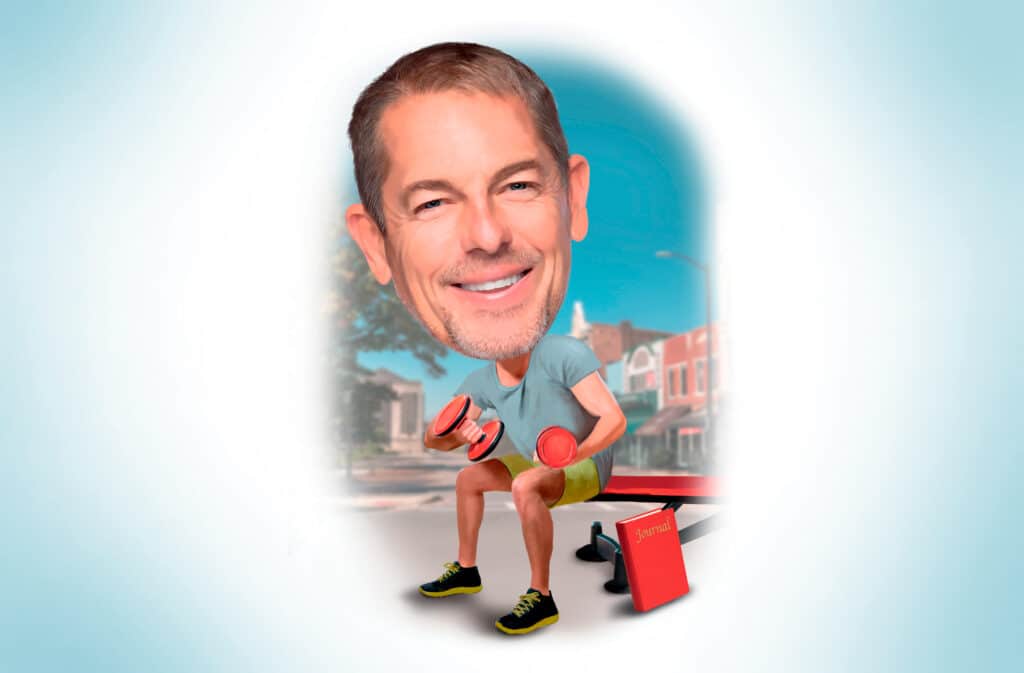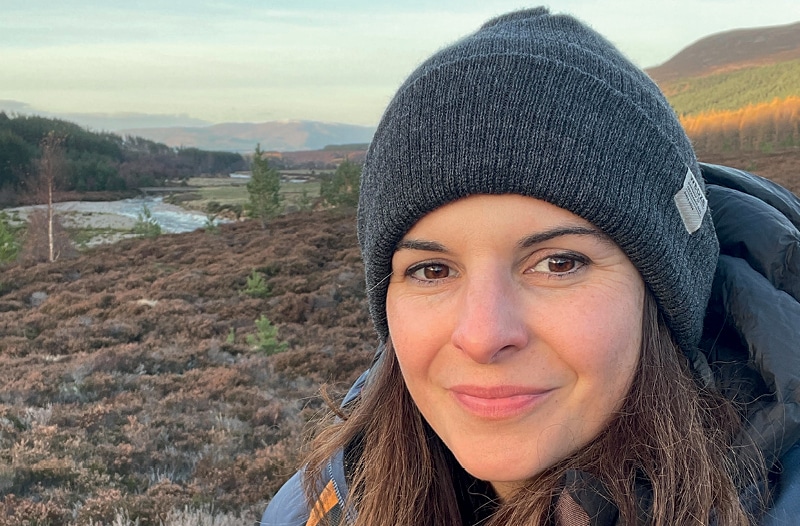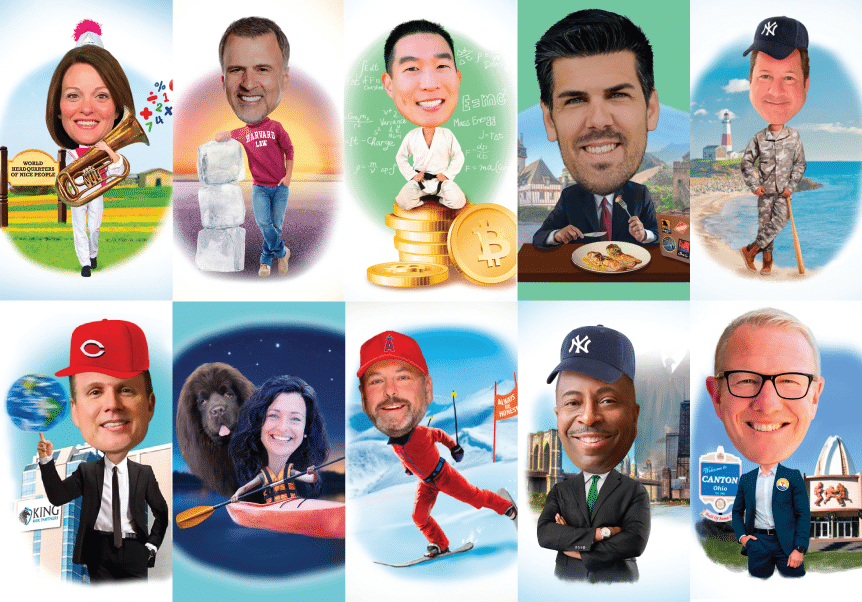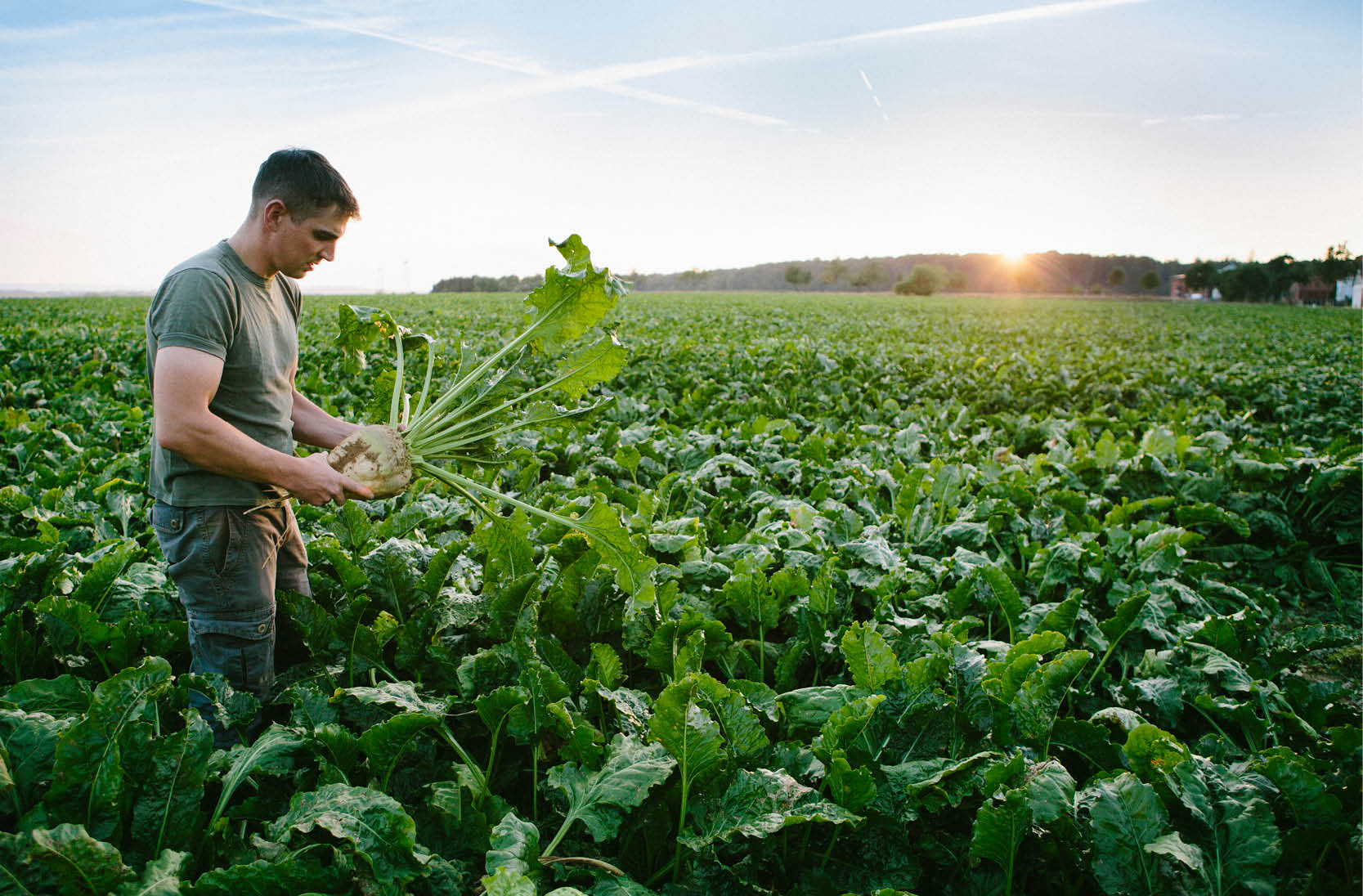
Reclaiming What’s Been Lost

Artificial intelligence, driverless vehicles, mechanized farming, endless tracking and measuring and recalculating to increase efficiencies, genetically engineered cattle and chickens.
Everything that moves, breathes, feeds, flies or grows can be improved upon, optimized, to make all lives better, or so we were seduced to believe as we hurtled, at the speed of passenger flights to the moon, into the 21st century. Not so fast, suggests author Coco Krumme in Optimal Illusions: The False Promise of Optimization, a thoughtful appeal reflecting on how others are impacted, sacrificed at times, for the seemingly greater collective good of faster, better, bigger.
Optimal Illusions: The False Promise of Optimization
By Coco Krumme
Riverhead Books/Penguin Random House
$29
Coco Krumme is a mathematician. She’s literate, writes beautifully, and provides perspective while not lecturing the reader. Krumme earned a doctorate from MIT and founded a scientific consultancy after working in the technology industry in Silicon Valley in California.
She begins by explaining that mathematical models undergird every process, possibility and contingency in our 21st-century world. “This way of seeing is the subject of this book. It’s a perspective that assumes our material reality can be understood, parceled, harnessed, and ultimately predicted.” Krumme was initially enthralled by this way of viewing the world early in her career. “A new generation of cloud technologies spewed forth trillions of calculations per second, and buzzwords like ‘deep learning‘ and ‘neural networks’ hung thick in the air like artificial fog at a rock concert,” she writes.
The metaphor is illuminating, the hazy allure of perfection through technology as an “artificial fog” obscuring our vision while the thundering noise of the “rock concert” drowns out any dissension to this numeric cantata. Krumme concludes, “Not just Amazon’s cargo jets but everything from the crashing of waves to the outbreak of war to the intricacies of love boils down to a set of parameters that can, with the right equipment, be measured and described.”
Mathematical models, by their very nature, do not account for your preferences or mine or deviations from the norm. They are a “flattening” of individuality to a predictable banality. While traveling, as an example, regardless of the destination, we “arrive and rent a car from one of the same conglomerates, buy a drink at Starbucks, stay in a hotel owned by the same few chains,” groans Krumme.
Over the course of a few years, Krumme crisscrosses the country by car and train, speaking with locals in rural communities and large cities, gaining an understanding of the impact on individuals who have been left out of the lift of optimization or the consequences for those who resisted. As we read, there is a palpable shift in the author, a warming, a growing sensitivity to the stories and lives from those who were content without same-day delivery and probiotic juice in a compostable bottle. As Krumme’s understanding grows, so does her heart and the richness of the profiles of the people she meets.
In Grand Forks, North Dakota, “Bob’s family has been farming this land for six generations. His grandfather’s tractor is parked in the old barn.” He grows beets which are refined into sugar. Bob is a resister, hanging on to traditional ways of farming while the rest of the Red River Valley shifted in 2015 to genetically modified seed that accepts the herbicide Roundup. This pesticide is sprayed only once a year versus every week. Yields skyrocketed in the first year. Soon, however, consumers became aware of the negative health effects of the newer herbicides, and sales plummeted. “Beets piled up on the ground outside” while processing factories shuttered.
Bob did not spray with the new pesticide but nevertheless had no market and no method of distribution for his non-GMO beets. He was marginalized. “By embracing efficiency above all, we’ve crowded out what can’t be measured and optimized and allowed the metaphor of optimization to crowd out other world views,” explains Krumme. Bob continued with a few good years, then a bad one or two. When Krumme checks with him in 2022, he explains, “Guess I might as well fold.” He planted GMO crop. “Now it takes one person to farm a thousand acres instead of four.” Seasonal workers and fewer full-time employees are needed. The town has withered in population. Agriculture is now a formula, “One by one, the younger generation moved to Sioux City or Minneapolis or even further.”
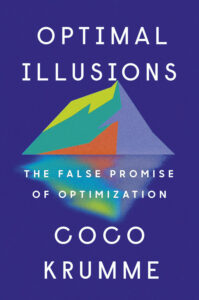
Where in the mathematical optimization equation do we insert variables for loss of community, depletion of the soil, increased risk of cancer, and a lonelier existence on the Dakota plains?
Krumme travels to Silicon Valley, the land of mega-fortunes. “Greater efficiency was meant to be an equilibrating force. We weren’t supposed to have big winners and even bigger losers. We weren’t supposed to have a whole sprawl of suburbs stuck in the declining middle,” laments Krumme.
She spends time with tech executives including Sam Altman, CEO and co-founder of OpenAI, a nonprofit organization researching and developing artificial intelligence. Optimization is defined by those setting the rules, or variables, within the optimization equation. “When Sam Altman co-founded AI with [Elon] Musk, he saw artificial intelligence not just as a set of cool tools but as another way to save the world.”
By journey’s end, Krumme locates her own personal optimization, a lifestyle constructed to value her desires. “What I was yearning for, in other words, was a reclamation of those things lost to optimization.” She found it on a remote island in the Pacific Northwest, disconnected from the mainland, where “most of the bakery’s wheat and fresh fruit and herbs and eggs come from within a radius of five miles…”
Krumme stepped away from the vortex of bigger, better, faster to re-engage on her terms. She’s leaned into “the tangible, the specific, a reclamation of place.” Her personal optimization includes a choice to connect and disconnect on her terms, neither “full deference or full retreat.”
